20 Must Read Books For Entrepreneurs in 2018 – Part II
11. The Lean Startup: How Today’s Entrepreneurs Use Continuous Innovation to Create Radically Successful Businesses by Eric Ries
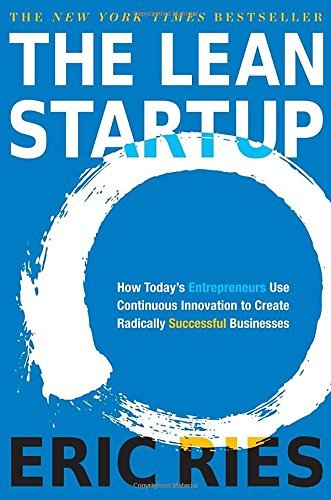
Most startups fail. But many of those failures are preventable. The Lean Startup is a new approach being adopted across the globe, changing the way companies are built and new products are launched. Eric Ries defines a startup as an organization dedicated to creating something new under conditions of extreme uncertainty. This is just as true for one person in a garage or a group of seasoned professionals in a Fortune 500 boardroom. What they have in common is a mission to penetrate that fog of uncertainty to discover a successful path to a sustainable business.
12. Start Your Own Business, Sixth Edition: The Only Startup Book You’ll Ever Need by The Staff of Entrepreneur Media
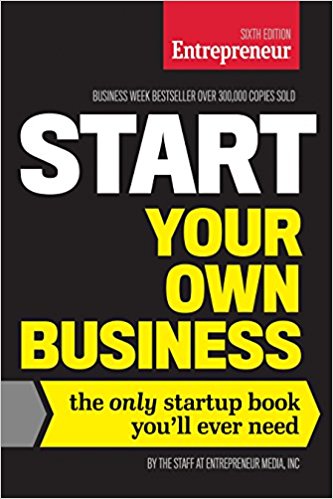
Tapping into more than 33 years of small business expertise, the staff at Entrepreneur Media takes today’s entrepreneurs beyond opening their doors and through the first three years of ownership. This revised edition features amended chapters on choosing a business, adding partners, getting funded, and managing the business structure and employees, and also includes help understanding the latest tax and healthcare reform information and legalities.
13. The Purpose Is Profit: The Truth about Starting and Building Your Own Business by Ed ”Skip” McLaughlin
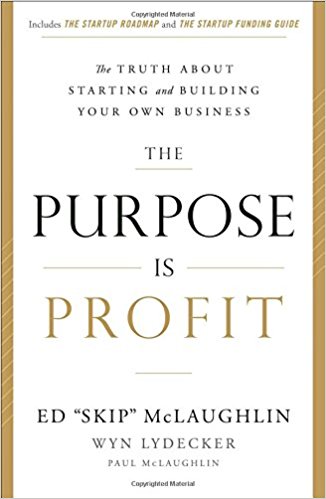
The book eliminates the mystery of becoming an entrepreneur. You will learn: why distinctive competence trumps passion,where and when to get funding without losing control, how to build an entrepreneurial brand that lasts, why profit should be factored into every business decision, how ethical behavior breeds trust and unlocks profit. As a bonus, The Purpose Is Profit includes two manuals: The Startup Roadmap details the 21 steps you should take to build a profitable business. The Startup Funding Guide delivers the tools you need to fund your business.
14. $100 Startup by Chris Guillebeau
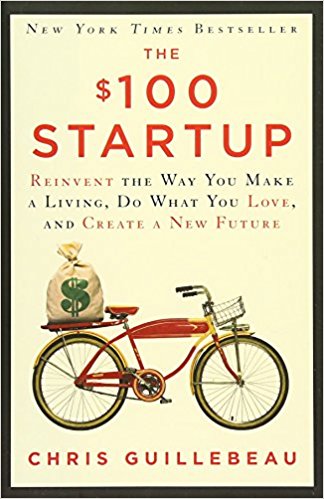
In preparing to write this book, Chris identified 1,500 individuals who have built businesses earning $50,000 or more from a modest investment (in many cases, $100 or less), and from that group he’s chosen to focus on the 50 most intriguing case studies. In nearly all cases, people with no special skills discovered aspects of their personal passions that could be monetized, and were able to restructure their lives in ways that gave them greater freedom and fulfillment.
In the book he wrote are the most valuable lessons from those who’ve learned how to turn what they do into a gateway to self-fulfillment. It’s all about finding the intersection between your “expertise” – even if you don’t consider it such — and what other people will pay for.
15. Zero to One by Peter Thiel
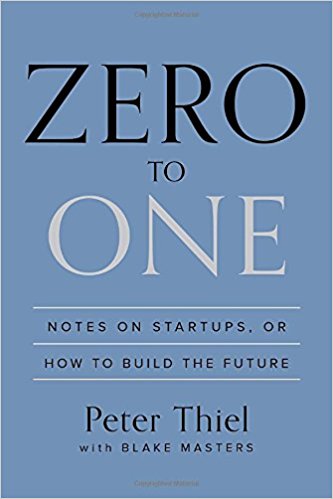
The book presents at once an optimistic view of the future of progress in America and a new way of thinking about innovation: it starts by learning to ask the questions that lead you to find value in unexpected places. Thiel begins with the contrarian premise that we live in an age of technological stagnation, even if we’re too distracted by shiny mobile devices to notice. Information technology has improved rapidly, but there is no reason why progress should be limited to computers or Silicon Valley. Progress can be achieved in any industry or area of business. It comes from the most important skill that every leader must master: learning to think for yourself.
16. The Founder’s Dilemmas by Noam Wasserman
17. Tools of Titans by Tim Ferriss
The latest groundbreaking tome from Tim Ferriss, the #1 New York Times best-selling author of The 4-Hour Workweek.
18. Crushing It: How Great Entrepreneurs Build Their Business and Influence-and How You Can, Too by Gary Vaynerchuk
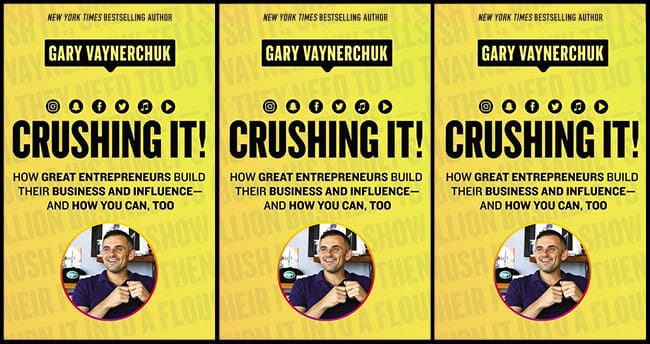
This new book chronicles brand new lessons, strategies, tactics, advice and inspiration pulled straight from both his own amplified business experience and that of dozens of other influencers and entrepreneurs from around the world. Vaynerchuk offers fresh tactical advice on how to become a household brand on social channels like Twitter, Facebook, YouTube, Instagram, and Snapchat; podcast platforms like Spotify, Soundcloud, iHeartRadio, and iTunes; and other emerging platforms like Musical.ly.
If you’re looking to build a brand that can grow your business, this is a must-read business book for the year. And though it’s a guide to building your own path to professional and financial success, remember that it’s not about getting rich. It’s about living life on your own terms, wrote ryrob.com.
19. The Startup Hero’s Pledge by Tim Draper
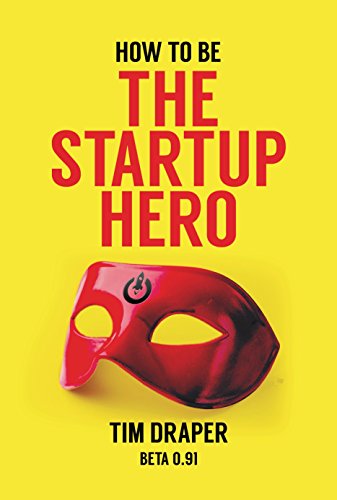
Startup Heroes are the ones that drive progress, and whether you bring us to another planet or make your neighborhood a nicer, happier place, you can become a Startup Hero. This book is the first step. It helps you take that first step. The step will be different for everyone. It might be to call that customer. It might be to draw up a design concept. It might be to talk to your boss. With this book, I hope to guide people to think big, drive change and go full speed ahead. I am giving them a pledge to do their work for good, and I am giving them some of the tools they need to accomplish their goals. – Tim Draper
20. Rework by Jason Fried
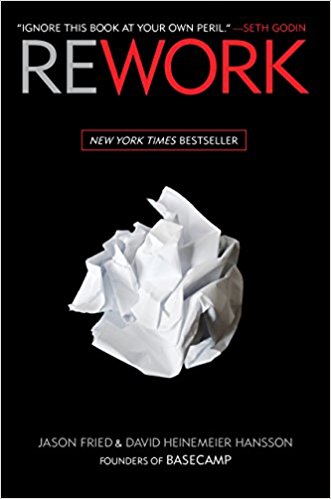
Most business books give you the same old advice: Write a business plan, study the competition, seek investors, etc. If you’re looking for a book like that, put this one back on the shelf. Read it and you’ll know why plans are actually harmful, why you don’t need outside investors, and why you’re better off ignoring the competition. The truth is, you need less than you think. You don’t need to be a workaholic. You don’t need to staff up. You don’t need to waste time on paperwork or meetings. You don’t even need an office. Those are all just excuses.
20 Must Read Books For Entrepreneurs in 2018 – Part I
In 2017 17 per cent more people searched “how to start a business” online compared to 2016, according to audience insights tool Hitwise, wrote The Independent.
We selected some of the best books we believe will help you on your journey as entrepreneurs:
1.Self Made: The Definitive Guide to Business Start-Up Success by Bianca Miller-Cole and Byron Cole
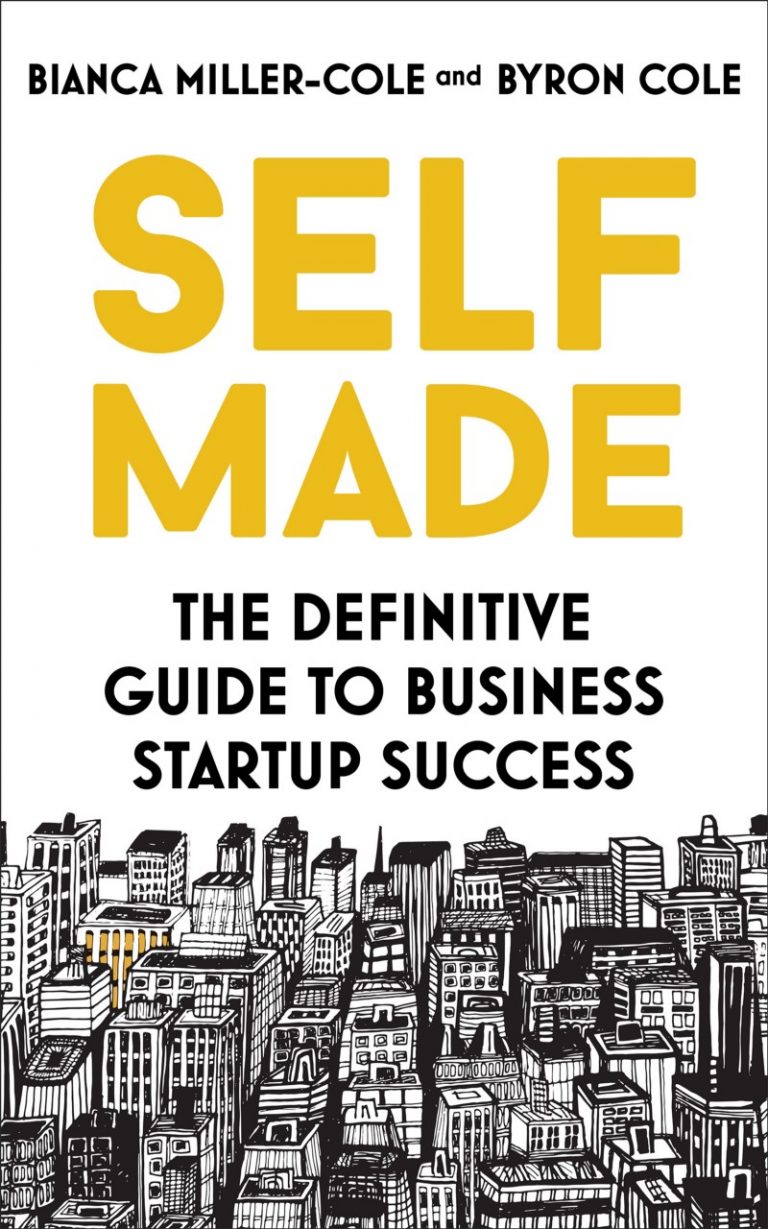
2. Good to Great: Why Some Companies Make the Leap and Others Don’t by Jim Collins
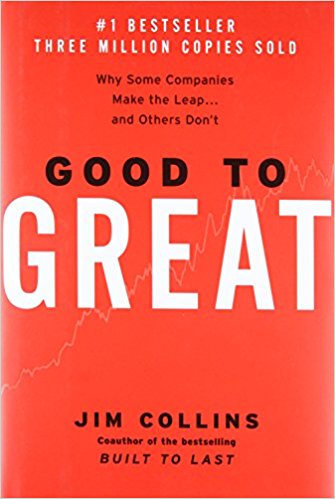
The findings of the book include:
- Level 5 Leaders: The research team was shocked to discover the type of leadership required to achieve greatness.
- The Hedgehog Concept: (Simplicity within the Three Circles): To go from good to great requires transcending the curse of competence.
- A Culture of Discipline: When you combine a culture of discipline with an ethic of entrepreneurship, you get the magical alchemy of great results. Technology Accelerators: Good-to-great companies think differently about the role of technology.
- The Flywheel and the Doom Loop: Those who launch radical change programs and wrenching restructurings will almost certainly fail to make the leap.
3. Built to Last: Successful Habits of Visionary Companies (Harper Business Essentials) by Jim Collins
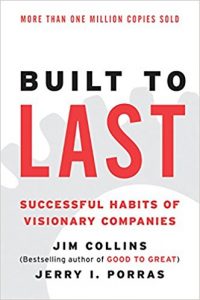
Filled with hundreds of specific examples and organized into a coherent framework of practical concepts that can be applied by managers and entrepreneurs at all levels, Built to Last provides a master blueprint for building organizations that will prosper long into the 21st century and beyond.
4. Anything You Want: 40 Lessons for a New Kind of Entrepreneur by Derek Sivers
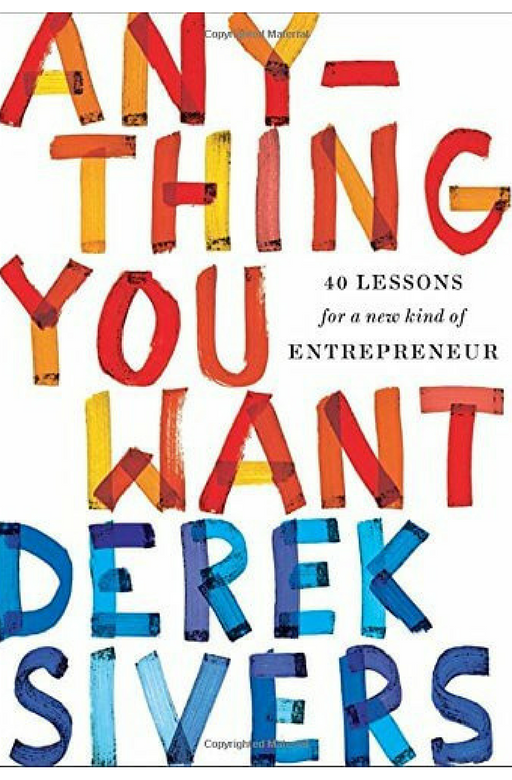
The writer let’s you in on everything he learned from starting, growing, and selling CD Baby, compressed into an entertaining and useful one-hour read. No secrets held back, I share the biggest mistakes, keys to its success, and the philosophies behind the big decisions. It’s 10 years of experience in one hour, designed to be immediately usable for your own business or project.
5. The New Business Road Test: What Entrepreneurs and Investors Should Do Before Launching by John Mullins
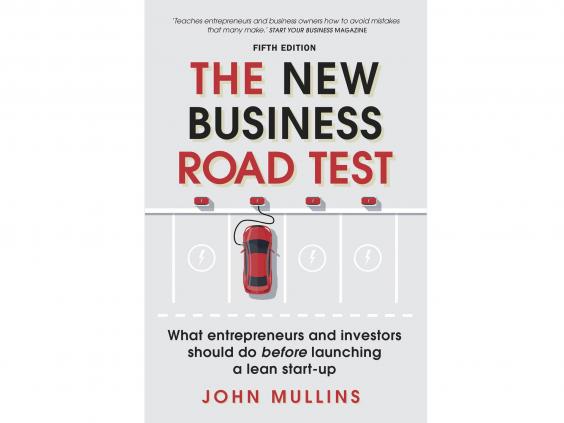
The New Business Road Test is the essential handbook for anyone wanting to launch a start-up. The new and fully updated case studies – Ella’s Kitchen, Whole Foods, eBay and more – and ‘seven domains’ framework will help you avoid impending disaster and enhance your chances of achieving your entrepreneurial dreams. “If you are looking to take a good look at whether your business idea will succeed or not then this is a useful, interesting and smart book to read. He also works hard on giving you the tools to assess if your idea has value or not, BEFORE you launch a lean startup, which makes this a useful addition to your library before you reach the Erik Ries stage,” wrote irishtechnews.ie.
6. The First 90 Days: Proven Strategies for Getting Up to Speed Faster and Smarter by Michael D. Watkins
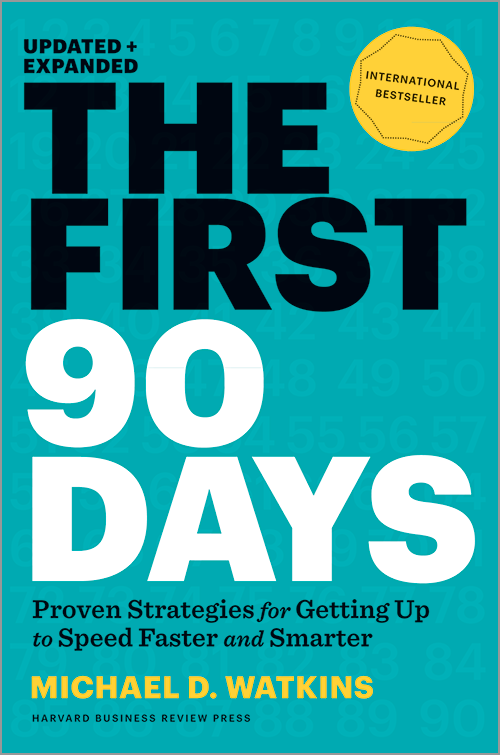
In this updated and expanded version of the international bestseller “The First 90 Days,” Michael D. Watkins offers proven strategies for conquering the challenges of transitions–no matter where you are in your career. According to hbr.org, Watkins, a noted expert on leadership transitions and adviser to senior leaders in all types of organizations, also addresses today’s increasingly demanding professional landscape, where managers face not only more frequent transitions but also steeper expectations once they step into their new jobs. By walking you through every aspect of the transition scenario, Watkins identifies the most common pitfalls new leaders encounter and provides the tools and strategies you need to avoid them. “You’ll learn how to secure critical early wins, an important first step in establishing yourself in your new role. Each chapter also includes checklists, practical tools, and self-assessments to help you assimilate key lessons and apply them to your own situation”.
7. Lost and Founder: A Painfully Honest Field Guide to the Startup World by Rand Fishkin
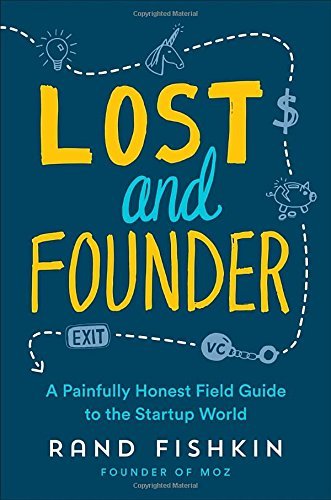
“Most people don’t want to talk about those startup stories, but the truth is, they’re a lot more common than the Zuckerberg-esque tales of success we so often hear about. Fishkin pulls back the curtain on tech startup mythology, exposing the ups and downs of startup life and sharing his hard-won lessons with you. No matter what business environment you’re in – whether it’s a struggling startup or a mature business, this book can help solve your problems. Or, at the very least, it’ll make you feel less alone for having them,” wrote sparktoro.com.
8. Made to Stick: Why Some Ideas Survive and Others Die by Chip Heath and Dan Heath
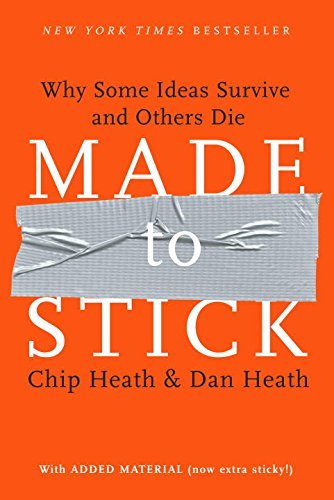
Since its release in 2007, Made to Stick has become popular with managers, marketers, teachers, ministers, entrepreneurs, and others who want to make their ideas stick. It’s been translated into Arabic, Bulgarian, Croatian, Dutch, and 25 other languages. Made to Stick made the New York Times and Wall Street Journal bestseller lists and was retired from the BusinessWeek list after a 24-month run. It was named to several “best of the year” lists and was selected as one of the best 100 business books of all time.
9. Recipe for Success: The Ingredients of a Profitable Food Business by Karen Green
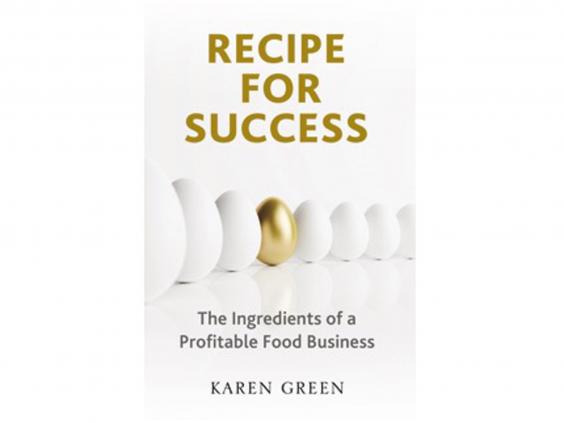
Karen Green, former UK retail buyer and commercial director for several successful food businesses, shares her stories, advice and exercises to guide readers through the maze of creating a profitable and growing food manufacturing business. Recipe for Success provides a step-by-step guide that enables readers to create high profile food brands and a business that can make and sell these products successfully. The book assists readers to analyse their business and where the opportunities for growth and improvement lie. It also helps readers to design profitable products that will underpin their brand and sell successfully into retailers.
10. Radical Candor: How to Get What You Want By Saying What You Mean by Kim Scott
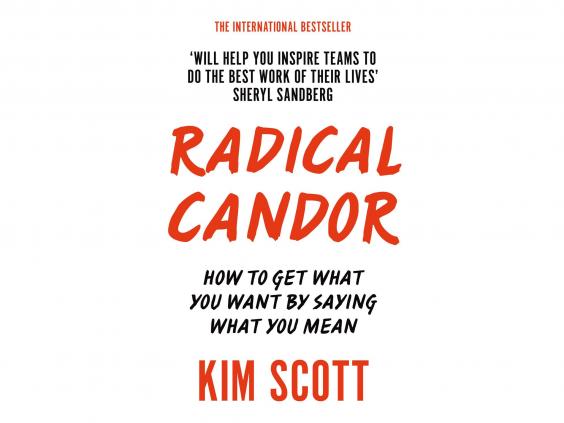
“Good communication is a vital skill any entrepreneur needs but what if you’re not confident dealing with the hiring and firing that comes with employing your own staff? Former Google and Apple executive Kim Scott draws on her years of experience in Silicon Valley to provide a guide to “radical candour” – in other words, how to be clear and firm with your employees without falling into false praise or aggression,” wrote The Independent.










